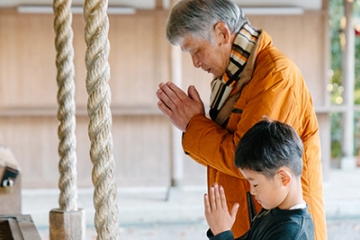
If there’s a loved one with Alzheimer’s in your life, it’s very important to try to keep them active and doing things that they enjoy. However, activities they used to enjoy may become challenging for them as the disease worsens.
To learn about ways to make activities easier and more enjoyable for a person with Alzheimer’s, from the National Institutes on Aging, CLICK HERE.


